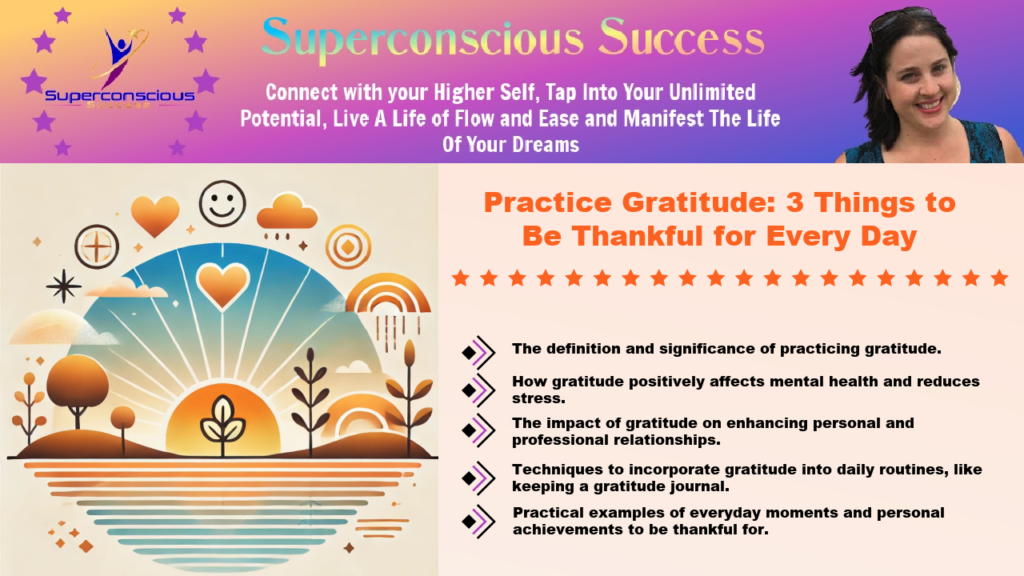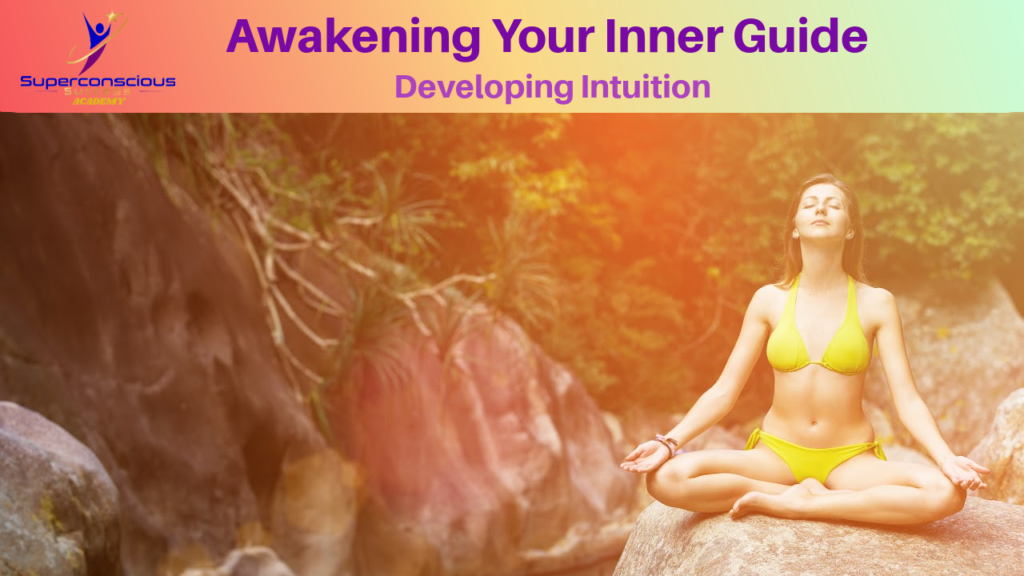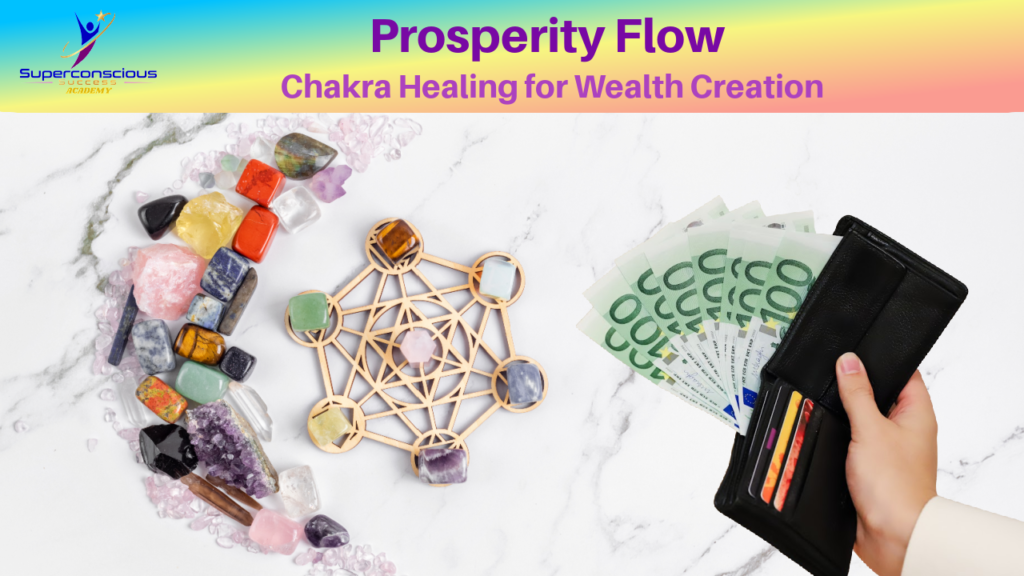
In this post, you will discover why practicing gratitude is essential for enhancing your mental and emotional well-being. You’ll learn about the many benefits of gratitude, including its positive impact on mental health, relationships, and overall life satisfaction. We’ll also provide practical tips on how to incorporate gratitude into your daily routine by focusing on three specific things to be thankful for each day. By the end of this post, you’ll have the tools and insights needed to cultivate a more grateful and fulfilling life.
1. The Importance of Practicing Gratitude
Gratitude is recognizing and appreciating the positive aspects of life, from little joys to big blessings. It goes beyond just saying “thank you”; it involves a deep sense of appreciation that impacts mental and emotional well-being. By making gratitude a regular part of your life, you can enjoy numerous benefits, including better mental health, stronger relationships, and greater overall satisfaction with life.
One of the most compelling reasons to practice gratitude is its positive effect on mental health. Research shows that people who regularly practice gratitude experience lower levels of stress and depression. For instance, a study by Emmons and McCullough (2003) found that participants who kept a gratitude journal reported higher levels of optimism and well-being compared to those who did not. Gratitude helps you shift focus from negative to positive aspects of life, fostering a more optimistic outlook.
Furthermore, gratitude can significantly enhance relationships with others. When you express gratitude, it strengthens social bonds and fosters a sense of connectedness. Showing appreciation not only makes the recipient feel valued but also encourages reciprocal positive behavior. This creates a cycle of kindness and mutual respect, leading to more fulfilling and harmonious relationships, both personally and professionally.
Additionally, scientific studies indicate that gratitude can boost overall life satisfaction. According to research published in the Journal of Happiness Studies, individuals who practice gratitude report higher levels of happiness and life satisfaction. Gratitude helps you recognize and savor the good moments in life rather than taking them for granted. It shifts attention away from what you lack and towards what you have, promoting a sense of contentment and fulfillment.
Psychologically, gratitude enhances positive emotions and reduces negative ones. It also helps you cope with stress and adversity more effectively. By focusing on what you’re thankful for, you can reframe your experiences and cultivate a more positive internal narrative. This leads to greater resilience and a more balanced emotional state.
In conclusion, practicing gratitude is essential for mental and emotional well-being. Its benefits, supported by scientific research, extend beyond individual well-being to enhance relationships and overall life satisfaction. By making gratitude a daily practice, you can shift focus from negative to positive aspects of life. Ultimately, this leads to a more fulfilling and contented existence.

















